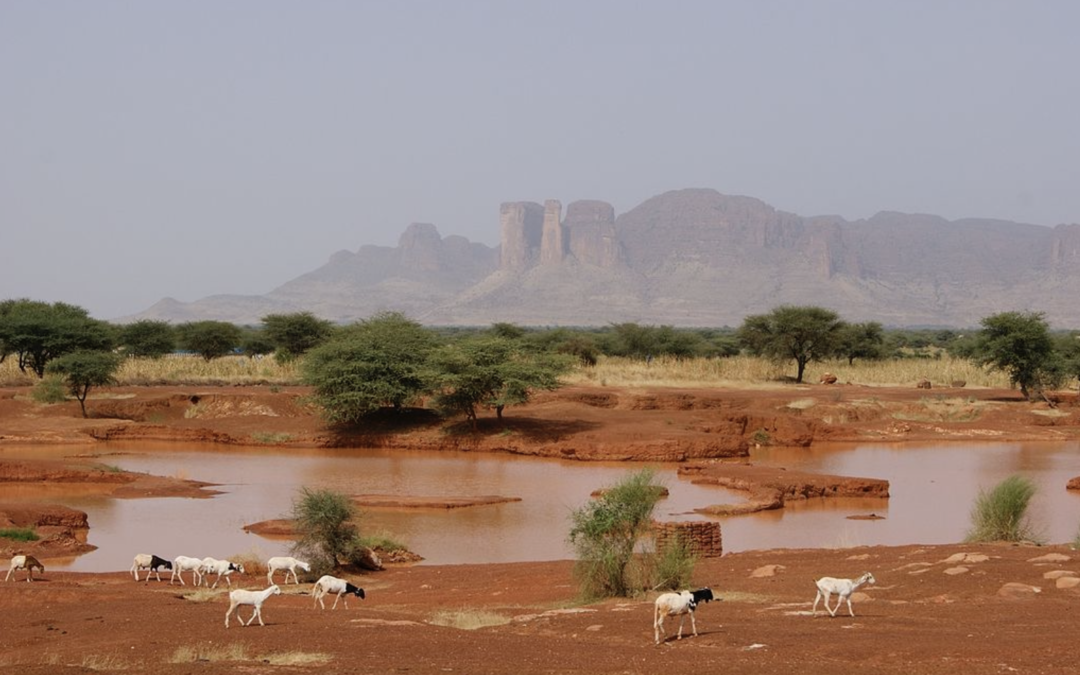Next week, Futures Agribusiness (FAGRIB) will lead a Private Sector Engagement Summit in Niamey, Niger. The summit will formally launch the African Regenerative Carbon Stewardship (ARCS), which includes FAGRIB, Dugu Metrics and Terra Global Capital for carbon finance and OneNature for community capacity development. It also includes specialized organizations such as ProNatura, as well as local partners in every community in which we work. ARCS’ mission is to unlock the power of natural carbon capture and storage together with market
This Private Sector Engagement summit is supported by the Republic of Niger, the Issoufou Mahamadou Foundation, Great Green Wall of Africa (GGWoA) Foundation, the Global Environment Facility, the UN Convention to Combat Desertification, the Pan African Agency of the Great Green Wall and FABRIB. Leadership from governments, civil society, as well as the private sector from across the Sahel will convene in Niamey to discuss and formulate a campaign designed to speed up the Great Green Wall Initiative’s goals of restoring 100 million hectares (250 million acres), creating of an estimated 10,000 jobs, and isolating 250 million tons of carbon by 2030.
One-fourth of the Sahel population, or 30 million people, are desperately in need of humanitarian assistance.
Currently, in Africa, rainfall is severely decreasing in the already fragile Sahel region, making droughts a common occurrence. The worsened climate has led to a surplus of crop failures, deepened hunger, accelerated migration, and an increase in civil conflict. The vulnerabilities in Sahel point to the need for disruptive innovation in agriculture.
In response to this crisis, the ARCS model of regenerative agriculture and agroforestry as well as restored forests and perennial grasslands will create bankable regenerative agri-value chains and greenhouse gas (GHG) offset credits. The agri-value chains will support food security, job creation, and international commodity sourcing. The GHG credits will build soil organic carbon while reducing nitrogen and methane emissions, building protection for fields and crops.
“Africa needs a holistic, integrated approach spanning many sectors. Solving complex problems demands a multi-sectoral approach.”
ARCS will implement a tested and implemented agroforestry and commercialization model, that will enhance prosperity, productivity, land restoration, and wellbeing. This approach will increase revenue for farmers while generating new revenue streams, introduce climate-smart regenerative agricultural practices, transform degraded land, and create more resilient and sustainable communities.
OneNature is thrilled to contribute our wellbeing measures and experience in monitoring and evaluating project success to this partnership which prioritizes building more resilient and sustainable communities. Through participatory decision-making and transparency, we can nurture trust and accountability. These are essential ingredients of community wellbeing. Putting communities first means letting them decide their own goals. It also means that they determine how to measure wellbeing for themselves.
To read the full concept note for the Great Green Wall Private Sector Engagement Summit, click here.
